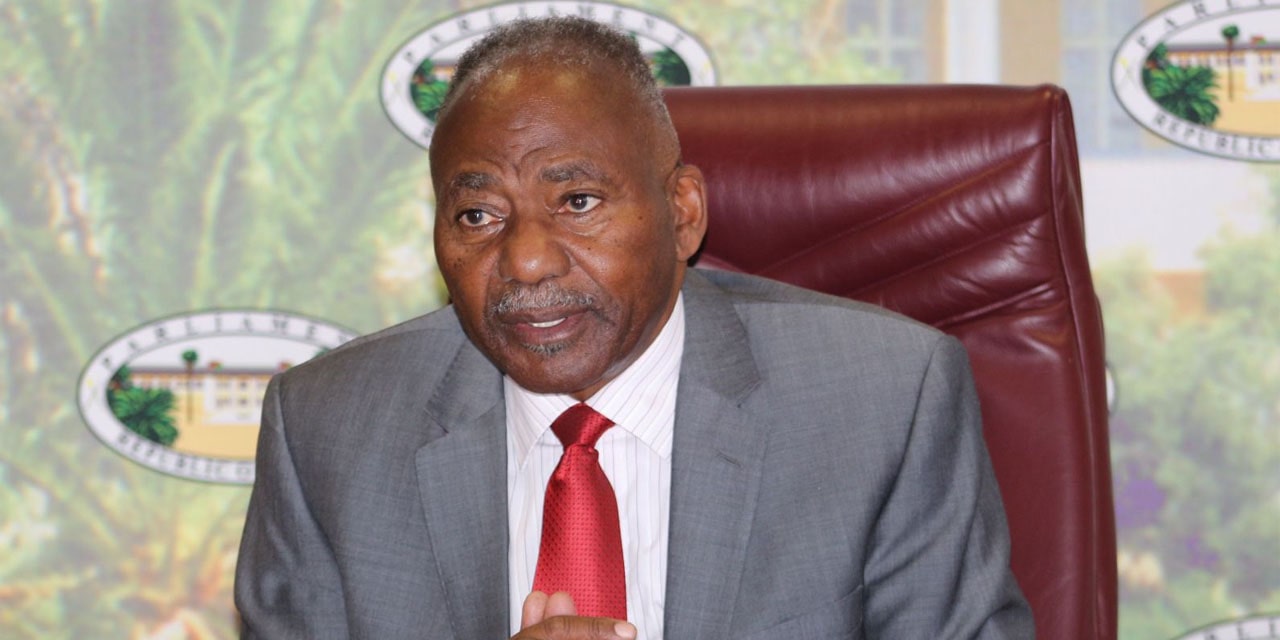Niël Terblanché
Namibia has positioned itself as a leader in gender equality within its parliamentary ranks, achieving an impressive 50 percent female representation in the National Assembly which is a significant rise from 46 percent the previous year.
This achievement was announced by the Speaker of the National Assembly, Professor Peter Katjavivi, who again stressed the nation’s commitment to gender parity in politics.
Despite this remarkable progress in the National Assembly, the National Council’s female representation lags at just over 14 percent.
Both Katjavivi and the Vice Chairperson of the National Council, Victoria Kauma, stressed the importance of sustaining gender balance and advocated for increased awareness and participation among women in the political arena.
The challenge of enhancing female participation in politics is not unique to Namibia.
According to the Inter-Parliamentary Union (IPU), various factors hinder the acceleration of women’s representation worldwide.
These barriers include the targeting of women with violence and disinformation, which discourages their political participation.
During a recent forum of women parliamentarians, key strategies were discussed to overcome these obstacles.
Recommendations included fostering peer-to-peer support among female politicians to build resilience and advocating for unity across party lines and international borders to strengthen women’s roles in governance.
Globally, the representation of women in parliament has seen a slight increase from 26.5 percent to 26.9 percent this year, with over 60 parliamentary elections held in 52 countries.
Sub-Saharan Africa, with Namibia at the forefront, stands third highest in the world with over 27 percent female parliamentary representation.
Electoral quotas have played a pivotal role in this progress, with more than 28 percent of women elected coming from countries with gender quota systems.
Women’s presence in leadership positions within parliaments has also seen a boost, with 23 percent of global Speakers of Parliament being female.
These statistics were unveiled during the 148th IPU Assembly in Geneva, Switzerland, underscoring the ongoing efforts and challenges in achieving gender equality in political representation.
Namibia’s stride towards equitable gender representation in its National Assembly marks a significant achievement in its political landscape.
According to Katjivivi, it serves as an example of progress for not only the Sub-Saharan region but also for countries worldwide striving to enhance women’s participation and leadership in politics.
He added that the nation’s commitment to gender equality in governance sets a commendable example, advocating for a more inclusive and balanced political arena.




